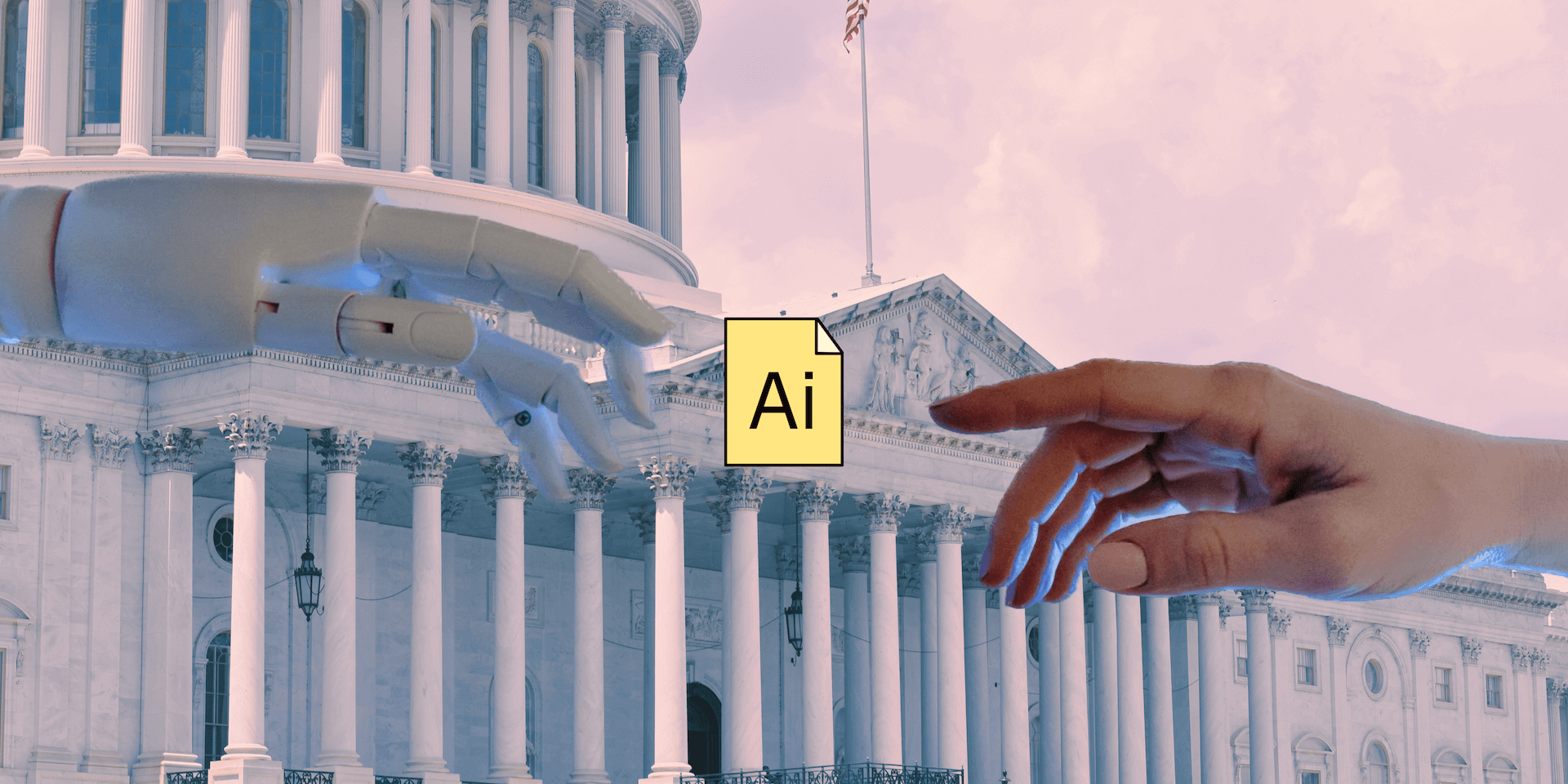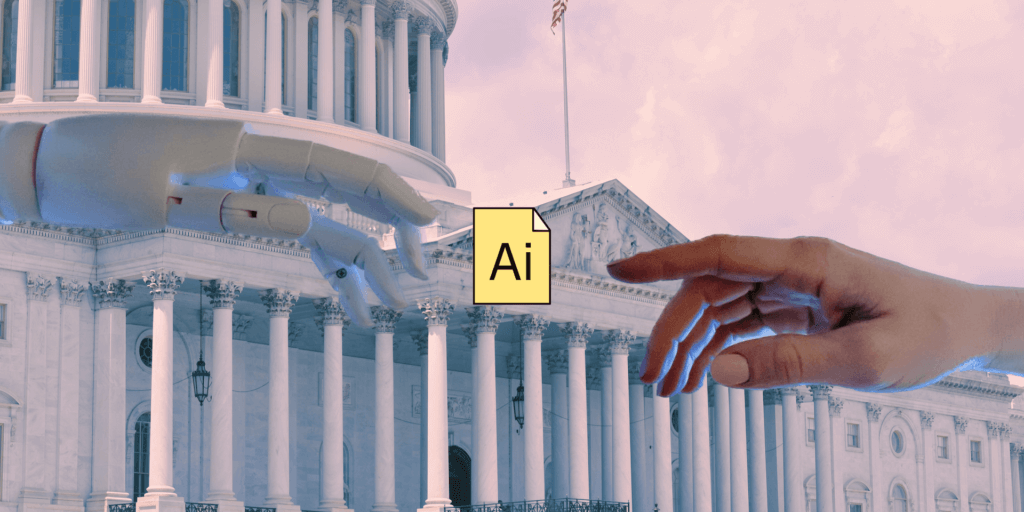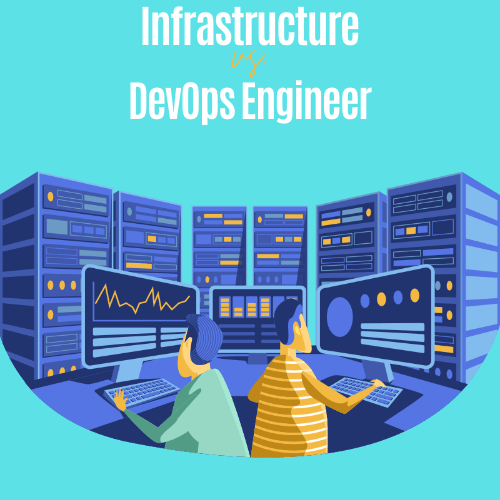Congress Gathers to Address AI’s Complex Challenges

Everything you missed: Congress Gathers for Inaugural AI Insight Forum
Washington, D.C. – In the heart of the nation’s capital, the halls of the United States Senate echoed with anticipation and the promise of groundbreaking discussions as Senate Majority Leader Chuck Schumer opened the Senate’s inaugural AI Insight Forum on September 13, 2023.
This bipartisan gathering marked a pivotal moment in American politics; leaders from across the political spectrum converged to delve into the complexities of artificial intelligence (AI). Senator Schumer- alongside colleagues Senators Rounds, Young, and Heinrich, orchestrated this unique forum to grapple with the multifaceted challenges and opportunities presented by AI.
Schumer emphasized in his opening remarks that the participation of the diverse array of voices and perspectives underscored the urgency and gravity of AI issues. The very essence of AI, at its complexity; a pervasive influence on society, and its constant evolution, demands congressional attention. To ignore this would be akin to “sticking our heads in the sand,” as Schumer aptly put it.
In a political landscape often fraught with division, the AI Insight Forum stood as a testament to the importance of bipartisan cooperation. With AI’s transformative potential, Schumer conveyed a message that both innovation and safety must be at the forefront of policymaking. He articulated a vision encapsulated in the acronym “SAFE innovation,” emphasizing the need for transformative advancements while simultaneously implementing safeguards to ensure responsible AI development.
One of the paramount issues addressed during the forum was the question of AI explainability, a challenge that Schumer acknowledged as complex yet crucial. To comprehend the reasoning behind AI decisions, especially within the framework of black-box algorithms, is a puzzle that requires interdisciplinary expertise. It is a key to unlocking not only the regulation of AI but also other associated concerns, such as intellectual property.
The AI Insight Forum was graced by the presence of technology leaders, including IBM CEO Arvind Krishna, who expressed support for AI regulation at the use-case level. Krishna’s endorsement underscored the need for government intervention in regulating AI, as it impacts both the benefits and potential harms that AI systems can bring to society.
Notably, this forum was not an isolated event. Schumer outlined a series of nine forums to be held in September and October, aimed at gaining insights from experts in the AI community. These forums, designed to be inclusive and comprehensive, will inform Congress’s approach to AI regulation.
The gravity of the AI issue did not escape the notice of some of the tech industry’s biggest names, including Tesla CEO Elon Musk, Meta’s Mark Zuckerberg, former Microsoft CEO Bill Gates, and Google CEO Sundar Pichai. At the heart of their discussions were questions regarding the role of government in overseeing AI, the need for transparency, and strategies to ensure the United States maintains its competitive edge in AI technology.
One of the notable proposals arising from the forum was the possibility of establishing an independent agency tasked with overseeing certain aspects of AI development and deployment. While this idea remains under discussion, it signifies the seriousness with which AI regulation is being considered.
The road to AI regulation in the United States is not without its hurdles. Congress has a history of struggling with technology-related issues, often resulting in minimal legislative action. However, Schumer, who has made AI one of his top priorities, asserted that AI regulation will be one of the most challenging issues to tackle due to its technical intricacies, rapid evolution, and far-reaching global implications.
As the AI Insight Forum unfolded, it became clear that the diversity of perspectives, from tech industry giants to civil rights and labor groups, enriched the discussions. However, concerns were raised about whether such a gathering accurately represented the broader public’s interests, given the vast net worth of the participants.
While AI regulation remains a complex puzzle awaiting congressional solutions, the commitment to addressing AI’s potential harms and maximizing its benefits was evident throughout the forum. The coming months will undoubtedly see further discussions and deliberations as Congress embarks on the challenging journey of regulating AI in the United States.
In an era when AI continues to advance at an unprecedented pace, the AI Insight Forum is a reminder that the United States is willing to confront the future head-on, acknowledging that the choices made today will shape tomorrow’s world, for better or for worse.











